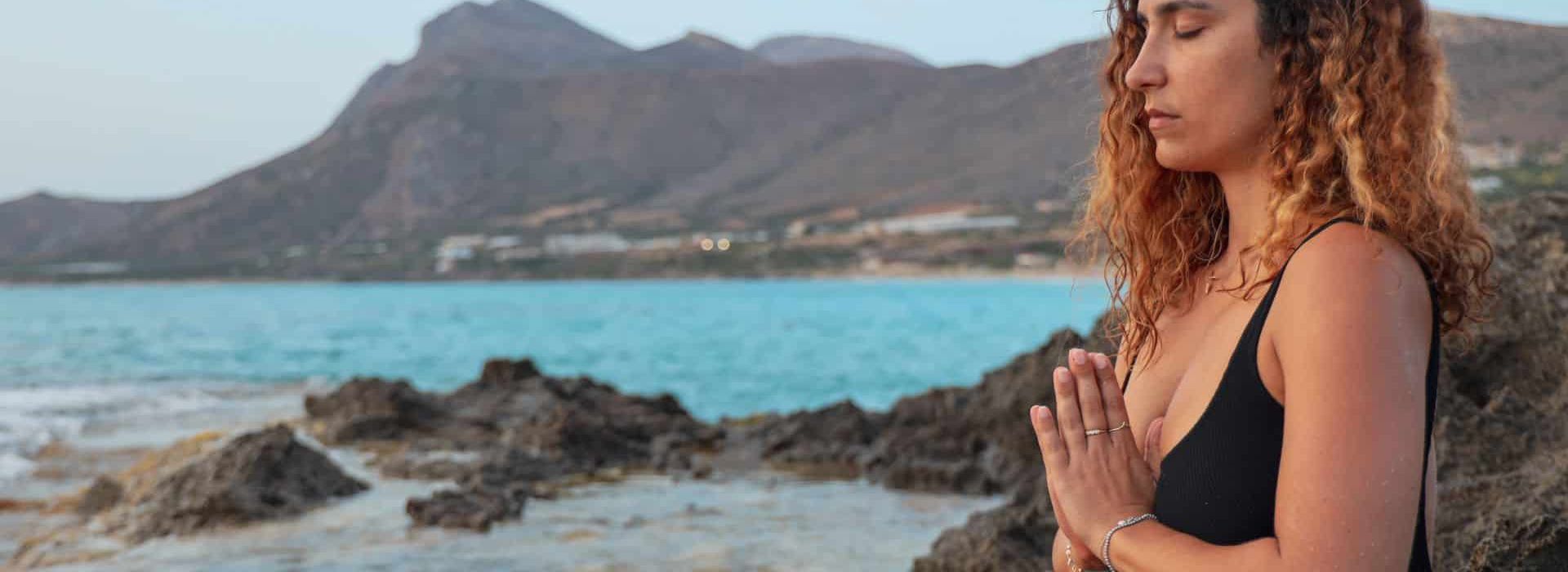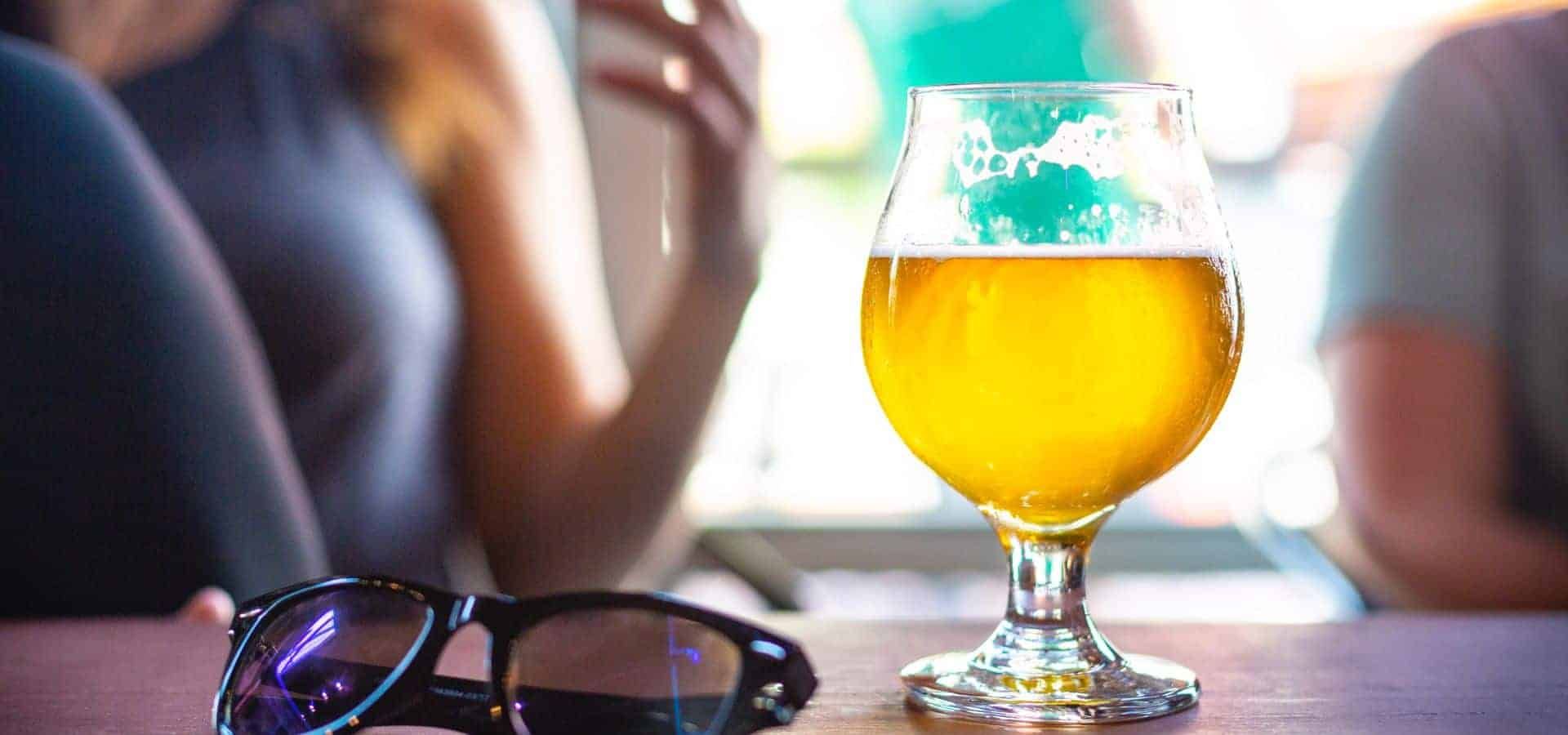How Mindfulness and Meditation Help with Drug and Alcohol Cravings

Mindfulness is a tool for daily living that is rooted in Buddhist Meditation that has been scientifically proven to help lessen a wide array of mental health symptoms common in early addiction recovery, including anxiety, irritability, insomnia, depression, and cravings to use drugs or alcohol. Mindfulness may help with physical aliments such as chronic pain, sleeping issues, appetite loss, and blood pressure as well. So what is mindfulness? Simply put, mindfulness refers to the practice of noticing one’s experience without judgement. Mindfulness helps us “make friends with” whatever our experience may be, making residing in the present moment more manageable and peaceful. We make friends with our emotions, our thoughts, the physical sensations in our bodies, and the environment around us, without need to change, fix, or escape from them. When the present moment brings with it the discomforts of early addiction recovery such as physical drug or alcohol cravings, finding a way to coexist with your experience rather than try to run from it can be hugely beneficial in achieving long term sobriety. The longer we practice this mindfulness, “riding the waves” of our experience, we notice that gradually, the waves become smaller and smaller; they no longer overwhelm us in our lives.
Sitting meditation is a great way to practice mindfulness. The more we meditate, the more the mindfulness we cultivate follows us “off the meditation cushion” and into the rest of our daily lives. When we sit in many forms of meditation, such as the Buddhist Shamata Vipassina, we use our breath as an anchor for our attention, following our inhales and exhales just as they are. While we are watching our breath, we expand our awareness to our internal and external experience, noticing without judgement our emotions, physical sensations, and what may be happening around us. If we notice an itch on our foot, instead of scratching it, we sit with it, becoming curious.
While this initially may feel unbearable, after a few seconds, we realize that it’s just a feeling; it is within our power to tolerate it and be at peace with it. The same process can happen with drug or alcohol cravings. We learn what the physical sensations associated with our cravings are. Perhaps our chest becomes tight, we have irritable thoughts, or feel like our skin is crawling. We increase our distress tolerance by letting these be, resisting trying to escaping them. We chose not to scratch the itch. Inevitably, the itch always subsides.
We use drugs or alcohol to escape the present moment. When we develop a friendliness towards the present moment instead, we decrease the need to escape it. This kind of mindfulness, coupled with appropriate medical treatment and other evidence-based therapies, can be a potent tool in alleviating drug and alcohol cravings and preventing relapse. Mindfulness in early recovery gives us insight into the way our cravings work, what triggers them, and what it is we may be trying to escape. Understanding these things is an important part of the path towards long term recovery from addiction.
We have developed a mindfulness-based curriculum for addiction treatment at Flatirons Recovery because we have seen firsthand how effective it can be for those struggling with the distress of early recovery from drug or alcohol abuse (and we know the evidence backs it up). We begin our clinical day at our counseling center outside Boulder, Colorado with a meditation and mindfulness group. The mindfulness we develop in this sitting meditation is then woven throughout our clinical programming. We guide our clients in bringing mindfulness onto a therapeutic Rocky Mountain hike, into the project they are creating in our art therapy group, into building their relapse prevention plan, and so much more. If the power of mindfulness and meditation are of interest to you, you are invited to join our free weekly Meditation for Recovery class hosted on Zoom and Instagram Live, as well as reach out to us to discuss our therapeutic programs hosted both virtually and in-person in Boulder County, Colorado.

